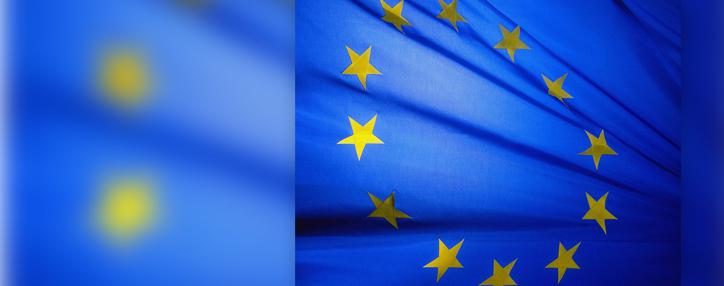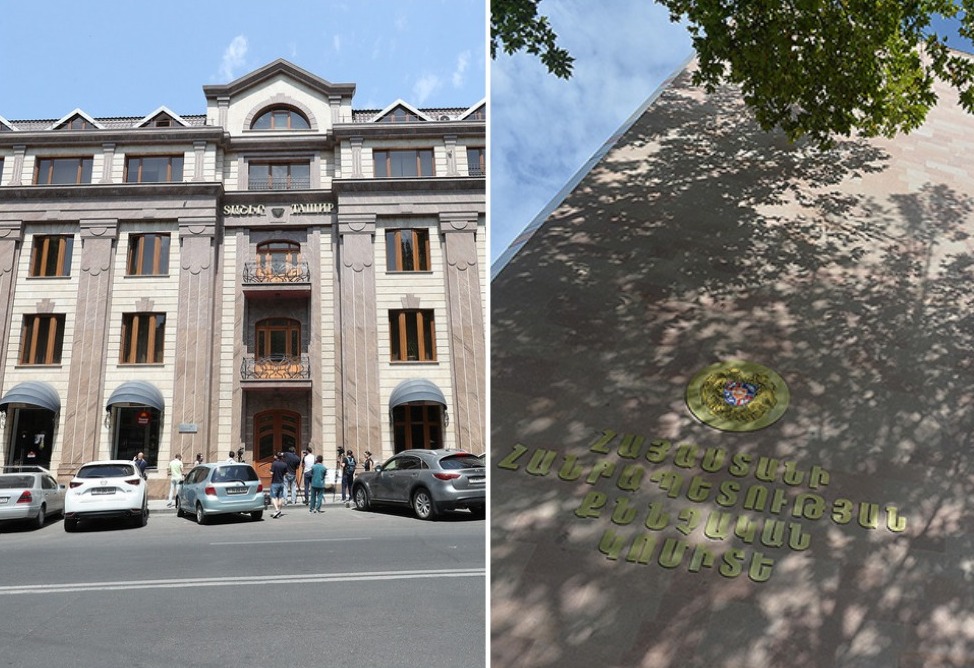EU commissionaire blames Russia for pressure on Eastern Partnership countries
12.09.2013,
13:33
EU commissionaire for enlargement and European partnership policy Stefan Fule made a statement Wednesday and expressed his concerns over Russia’s pressure on Eastern Partnership member countries, Armenian service of Radio Liberty reported.

YEREVAN, September 12. /ARKA/. EU commissionaire for enlargement and European partnership policy Stefan Fule made a statement Wednesday and expressed his concerns over Russia’s pressure on Eastern Partnership member countries, Armenian service of Radio Liberty reported.
In some cases Russia’s behavior is seen as threat, he said adding that some EU partner countries experienced enormous pressure, according to the report.
The EU commissionaire once again stressed Armenia’s membership in Russia-initiated Customs Union is incompatible with the deep free trade zone agreement due to legal impossibilities, not because of ideological or economic contradictions.
For instance, the country may reduce customs duties under the free trade zone agreement, but increase them as part of its customs union obligations, Fule said.
According to the EU commissionaire, the new generation of association agreements may grant huge advantages to the countries through harmonized legislation and market liberalization.
Independent studies show the deep and comprehensive free trade agreement will provide substantial benefits, Fule said. Exports to EU countries will double in the course of time and will ensure an up to 12% increase in GDP.
But in order to make it possible, EU partner countries should be independent in their trade policy, which is impossible if they are members of the Customs Union, Fule said.
According to the EU commissionaire, Eastern Partnership member countries may expand their counteraction with the Customs Union, as observer-countries for instance.
“Let me be clear: the development of the Eurasian Economic Union project must respect our partners' sovereign decisions. Any threats from Russia linked to the possible signing of agreements with the European Union are unacceptable. This applies to all forms of pressure, including the possible misuse of energy pricing; artificial trade obstacles such as import bans of dubious WTO compatibility and cumbersome customs procedures; military cooperation and security guarantees: and the instrumentalisation of protracted conflicts”, Fule said.
According to Fule, it is not how international relations should function in the twenty-first century.
“Such actions clearly breach the principles to which all European states have subscribed. In the Helsinki Principles of the OSCE we have committed to respect each country's "right freely to define and conduct as it wishes its relations with other States in accordance with international law". The European Union will support and stand by those who are subject to undue pressures”, says the statement.
“Let me emphasise that AA/DCFTAs are not conceived at Russia's expense. On the contrary, Russia will also benefit greatly from the integration of the Eastern Partnership countries into the wider European economy. Our vision is that these agreements should contribute in the long term to the eventual creation of a common economic space from Lisbon to Vladivostok, based on WTO rules”, Fule said in his statement.
After the negotiations of Armenian and Russian presidents Serzh Sargsyan and Vladimir Putin on September 3, a statement was made about Armenia’s intention to join the Russia-initiated customs union. Before, Armenia was expected to sign an association agreement with the EU.
The Eastern partnership was initiated by Poland and Sweden and was approved by EU summit in Brussels in 2008. The official approval of the initiative took place in Prague in May 2009.
The aim of the program is EU’s rapprochement with Ukraine, Armenia, Moldova, Georgia , Azerbaijan and Belarus. The program envisages increasing political counteraction and broad integration of the mentioned post-soviet countries, as well as provision of financial support and strengthening of their energy security.–0--



